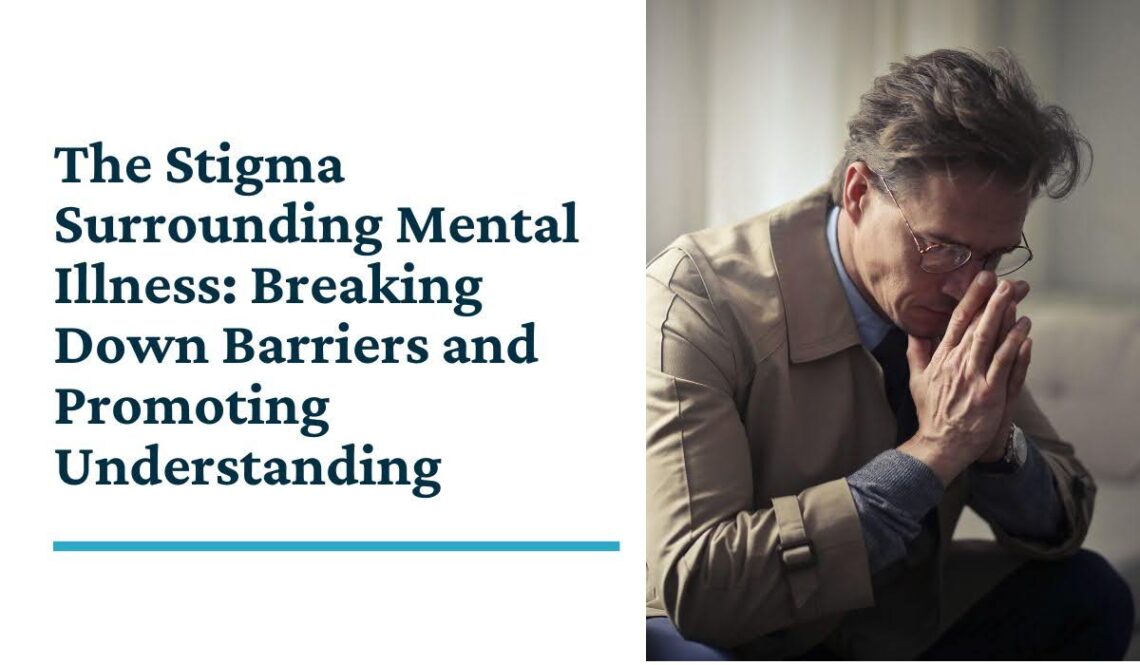
The Stigma Surrounding Mental Illness: Breaking Down Barriers and Promoting Understanding
The stigma surrounding mental illness is a pervasive barrier that prevents many individuals from seeking the help and support they need. In this blog, we’ll explore the damaging effects of mental health stigma, why it’s essential to break down these barriers, and how promoting understanding and empathy can lead to a more inclusive and supportive society.
Firstly, it’s crucial to understand that mental illness is a common and treatable health condition that affects millions of people worldwide. Yet, despite its prevalence, stigma and discrimination against those with mental health issues persist, perpetuating myths, misconceptions, and negative attitudes that hinder recovery and well-being.
Stigma surrounding mental illness can take many forms, from social exclusion and discrimination to self-stigma and internalised shame. People with mental health conditions may face prejudice and discrimination in various areas of life, including employment, housing, healthcare, and relationships. This stigma can lead to feelings of shame, guilt, and worthlessness, preventing individuals from seeking help and accessing the support they need.
Moreover, stigma can also impact how mental health issues are perceived and treated within communities and institutions. Negative attitudes and stereotypes about mental illness can lead to misdiagnosis, inadequate treatment, and disparities in care, further exacerbating the cycle of stigma and discrimination.
To break down barriers and promote understanding around mental health, it’s essential to challenge stigma, raise awareness, and foster empathy and compassion. Normalising conversations about mental health and sharing personal stories of recovery and resilience can help reduce stigma and encourage help-seeking behaviour.
Educating the public about mental health conditions, their causes, and treatment options can also help dispel myths and misconceptions, replacing fear and ignorance with understanding and empathy. Providing accurate information and resources about mental health, as well as promoting positive portrayals of mental illness in the media, can further contribute to destigmatising mental health issues.
Additionally, fostering supportive and inclusive environments where individuals feel safe and accepted to share their experiences can help reduce stigma and promote mental well-being. This can include creating peer support groups, implementing anti-stigma campaigns, and advocating for policies that protect the rights and dignity of those with mental health conditions.
Furthermore, promoting mental health literacy and resilience-building skills can empower individuals to recognise and address stigma, both within themselves and in their communities. By promoting self-care, self-compassion, and emotional intelligence, we can cultivate a culture of understanding and support that values mental health and well-being for all.
In conclusion, breaking down the stigma surrounding mental illness requires a collective effort to challenge negative attitudes, raise awareness, and foster empathy and understanding. By promoting open dialogue, educating the public, and creating supportive environments, we can create a more inclusive and compassionate society where individuals feel empowered to seek help and support for their mental health concerns. Remember, mental health is just as important as physical health, and no one should ever feel ashamed or alone in their struggles.



